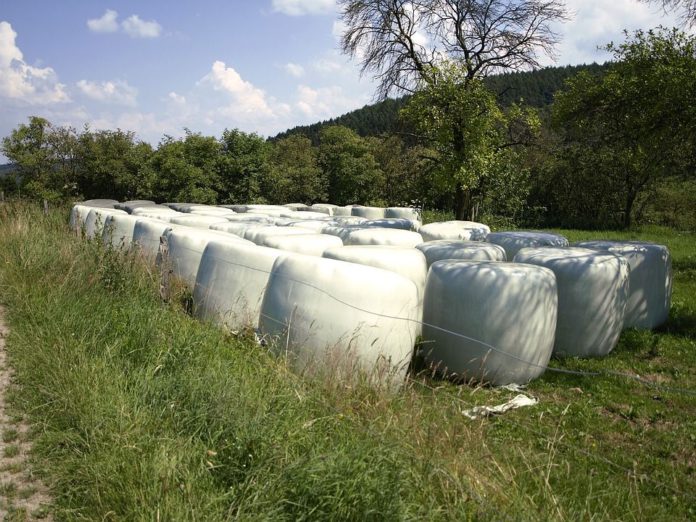The Association of Farm and Forestry Contractors in Ireland (FCI) has warned that driver resources will be “pushed to the limit” this silage season at a time when agricultural contractors are struggling to recruit suitable operators.
The body has stated that 2023 has been a “difficult year” so far for agricultural contractors, requiring farmers’ understanding.
A spokesperson, in a statement to That’s Farming, said: “There have almost been two months (March and April) of heavier than normal rainfall across many areas of Ireland.”
“While grass growth will be at its peak over the coming two to three weeks, as silage crops bulk up with a combination of sunshine and hopefully fewer showers, many agricultural contractors are still sowing spring cereal crops and forage maize, in challenging conditions.”
“For many agricultural contractors, this weather effect will mean two to three weeks of a huge demand for their services as each farmer aims to prioritise the harvesting of their individual grass silage crops while others strive to get crops into the ground.”
“Farmers and their advisors need to understand that each silage contractor’s priority is to get through the grass harvesting work in the fastest possible time, with no machine breakdowns or safety concerns.”
Staff shortages
FCI is predicting that there will be an immediate follow-up demand for slurry spreading services on silage stubble ground.
Driver resources are now limited and currently stretched while labour costs have risen accordingly, the spokesperson outlined.
“As machines develop in terms of precision technology, scale, and cost, the Irish agricultural contractor sector can no longer be expected to depend on part-time student labour to provide an essential and professional machinery service to Irish farming.”
FCI research from its membership indicates that few established Agricultural Contractors now want additional work. Their priority remains to serve their existing professional-client farmers with a quality service at a competitive rate and from within their constantly upgrading machine resources and operator teams.
Safety concerns
Safety concerns remain an equally important priority during a busy silage harvesting season, said John Hughes, national chair of the Association of Farm & Forestry Contractors in Ireland.
Working longer than normal hours with powerful machines to satisfy farmer client demand can result in decision errors due to a lack of concentration caused by fatigue, he warned.
The consequences of the risks of errors with modern machines are too catastrophic to consider, Hughes stressed.
Agricultural contractors and their employees, he outlined, need adequate time and understanding from their client farmers to carry out their work in safety.
“Agricultural contractors are also conscious of the cost pressures on dairy farms. That awareness comes against the background where agricultural contractor costs have also escalated significantly.” “Agricultural contractors provide an essential service to Irish farmers. It is now accepted that a good reliable contractor is an integral part of any successful Irish dairy farm,” he concluded.
Previous farming news article on That’s Farming:





